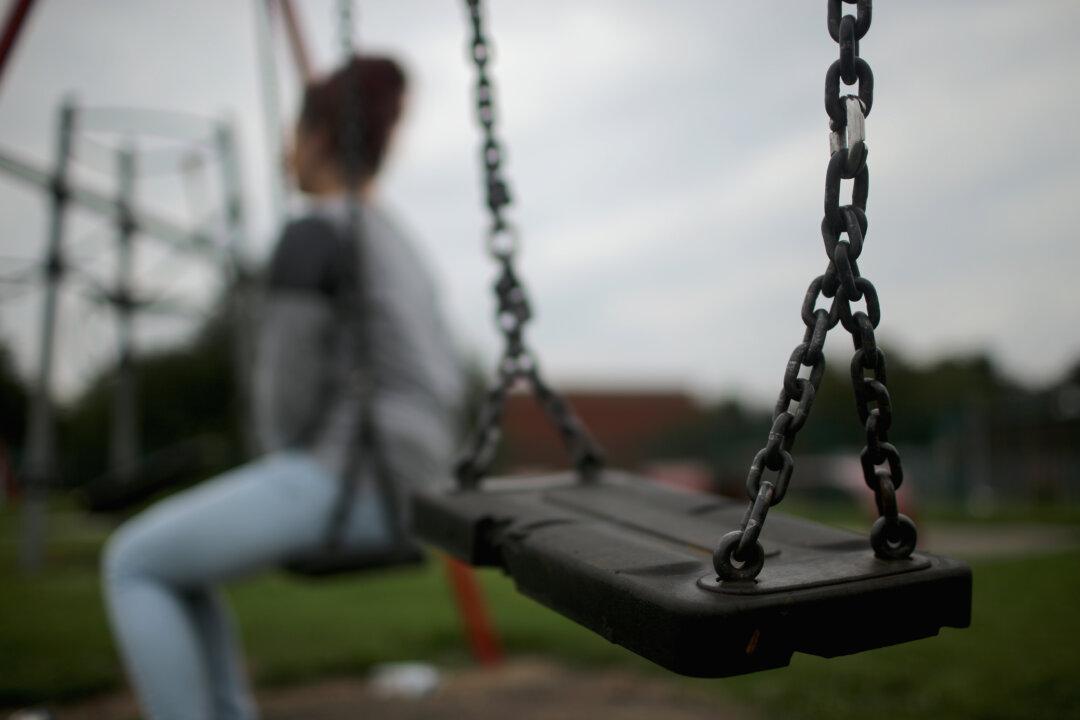Police forces in England and Wales still have not got a grip of the scale of grooming gangs exploiting children, especially young girls, according to a report by His Majesty’s Inspectorate of Constabulary and Fire & Rescue Services (HMICFRS).
His Majesty’s Inspector of Constabulary, Wendy Williams, said: “We found that the police, law enforcement bodies and the government still didn’t have a full understanding of the nature or scale of these crimes. This needs to change, and these agencies must work together effectively to protect children from harm and bring offenders to justice.”





